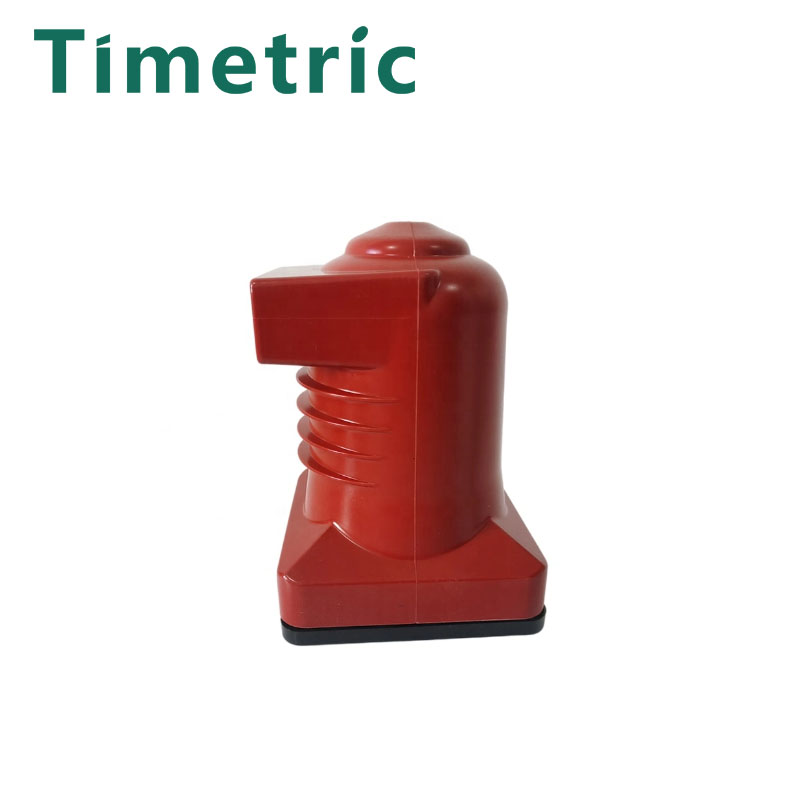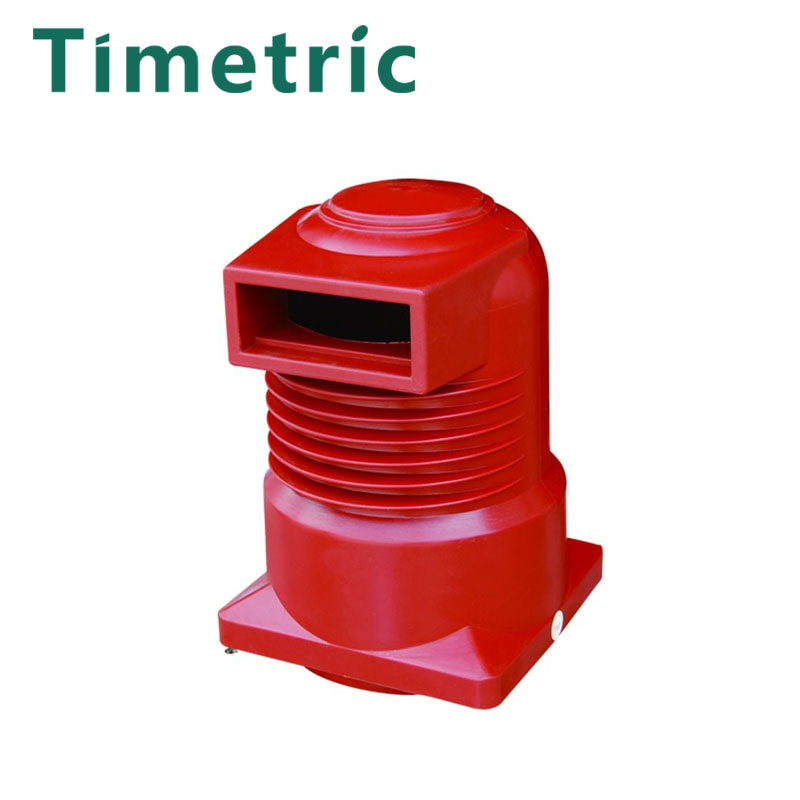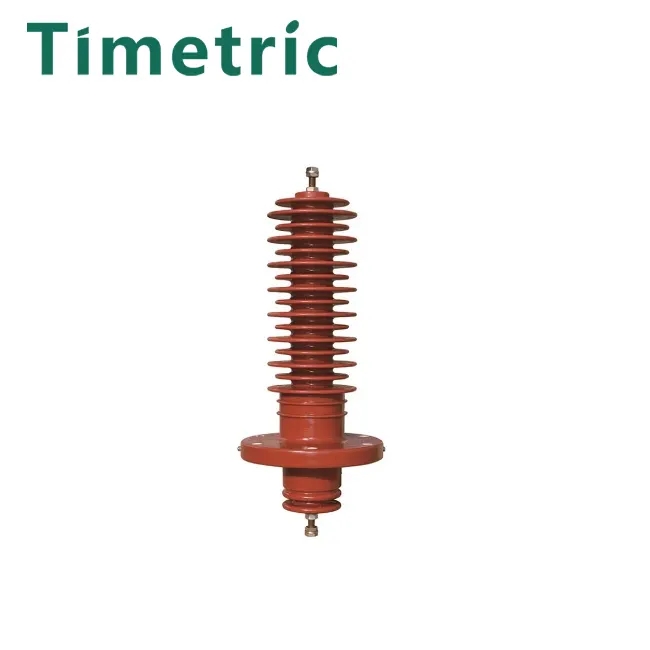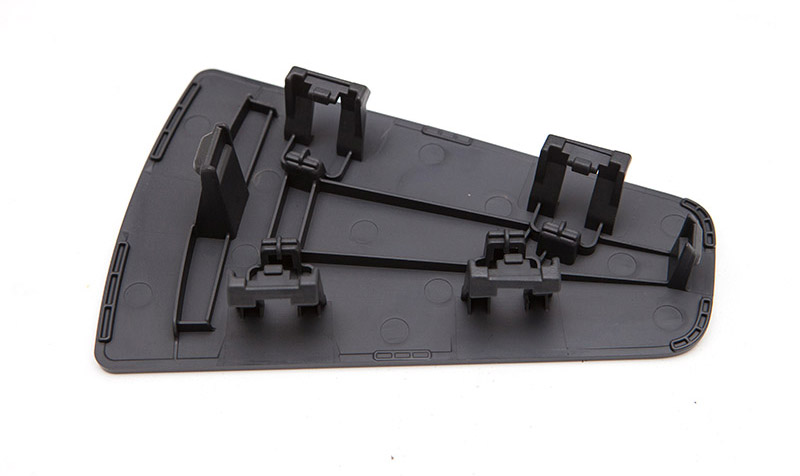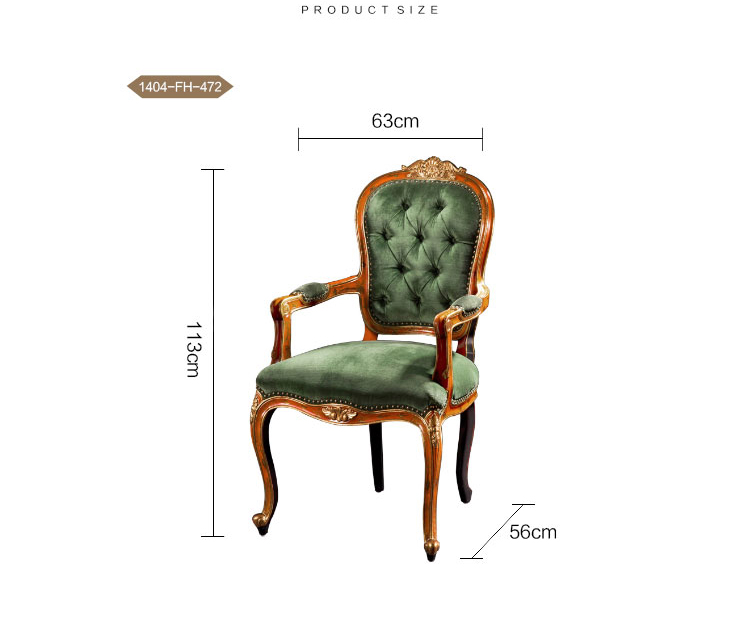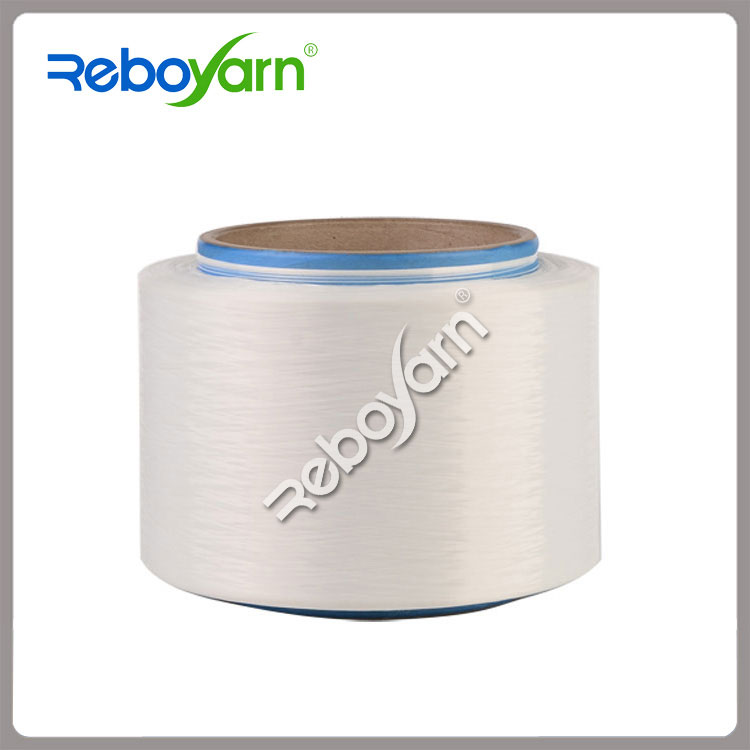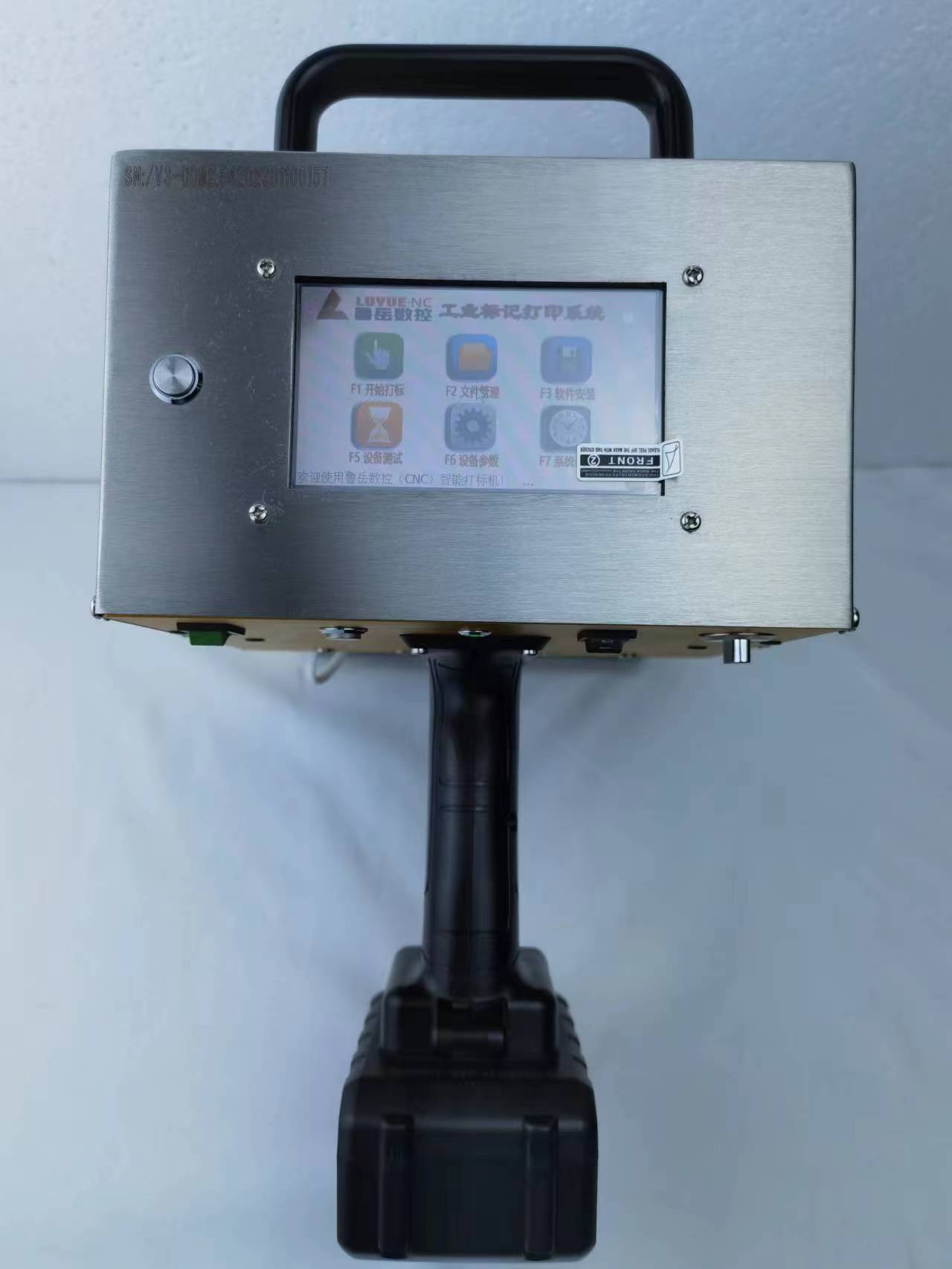Electrical insulator
An electrical insulator is a material that is used to prevent the flow of electrical current. It is designed to have high resistance to the flow of electricity, which makes it an effective barrier to electrical conduction. Electrical insulators are used to protect people and equipment from electric ......
Send Inquiry
Product Description
An electrical insulator is a material that is used to prevent the flow of electrical current. It is designed to have high resistance to the flow of electricity, which makes it an effective barrier to electrical conduction. Electrical insulators are used to protect people and equipment from electric shock, as well as to prevent electrical interference between components.
Some common materials used as electrical insulators include:
1. Glass: Glass is a common electrical insulator used in electrical equipment, such as transformers and insulators for high-voltage power lines.
2. Porcelain: Porcelain is a ceramic material that is commonly used in electrical insulators for power lines and other high-voltage applications.
3. Rubber: Rubber is a common insulating material used in electrical cables and other equipment.
4. Plastic: Plastic materials, such as polyvinyl chloride (PVC) and polyethylene, are widely used as insulators in electrical wiring and other applications.
The effectiveness of an insulator is measured by its dielectric strength, which is the maximum voltage that the material can withstand before it breaks down and becomes conductive. Insulators with high dielectric strength are more effective at preventing electrical conduction and are therefore used in applications where high voltages are present.
Electrical insulators are used in a wide range of applications, including power generation and distribution, electrical wiring, and electronic components. They play a crucial role in ensuring the safety and reliability of electrical systems by preventing electrical shock and interference.
